Context: Recently the Supreme Court has ruled that appropriate governments must proactively consider the premature release of eligible convicts under remission policies.
Key Directives from the Supreme Court Judgment
Mandatory Consideration of Premature Release
- If the government has a policy under Section 432 of the CrPC or Section 473 of the BNSS 2023, it must consider all eligible convicts for premature release.
- Section 432 CrPC: It empowers the appropriate government (State or Union) to suspend or remit a sentence of a convict, either wholly or partially. (Section 473 of BNSS has replaced it).
- Authorities cannot wait for convicts or their relatives to apply; they must act automatically when eligibility conditions are met.
- If a state government insists on applications, it would be discriminatory and violate Article 14 of the Constitution (Right to Equality).
Obligation to Formulate a Remission Policy
- States and Union Territories without a remission policy under Sections 432 (CrPC) or 473 (BNSS) must formulate one within two months from the ruling.
Transparent Decision-Making & Communication
- Orders granting or rejecting remission must have clear reasons and be communicated to the convict through the prison office.
- Prison authorities must inform convicts of their right to challenge rejections.
Conditions for Remission
Must be reasonable, specific, & feasible, considering the nature of crime & public safety.
Related Supreme Court Judgements
- Mafabhai Motibhai Sagar v. State of Gujarat (2024): The Supreme Court ruled that an order granting permanent remission cannot be withdrawn or cancelled without first providing the convict with an opportunity to be heard.
- State of Haryana v. Mahender Singh & Ors. (2007): The Supreme Court held that while convicts do not possess a fundamental right to remission, they are legally entitled to have their cases considered for such relief.
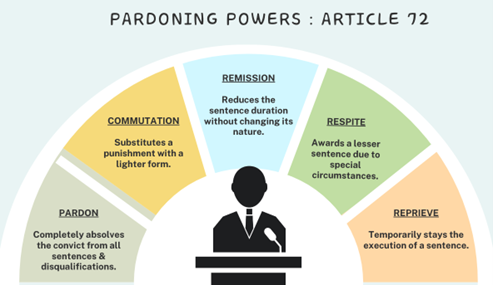

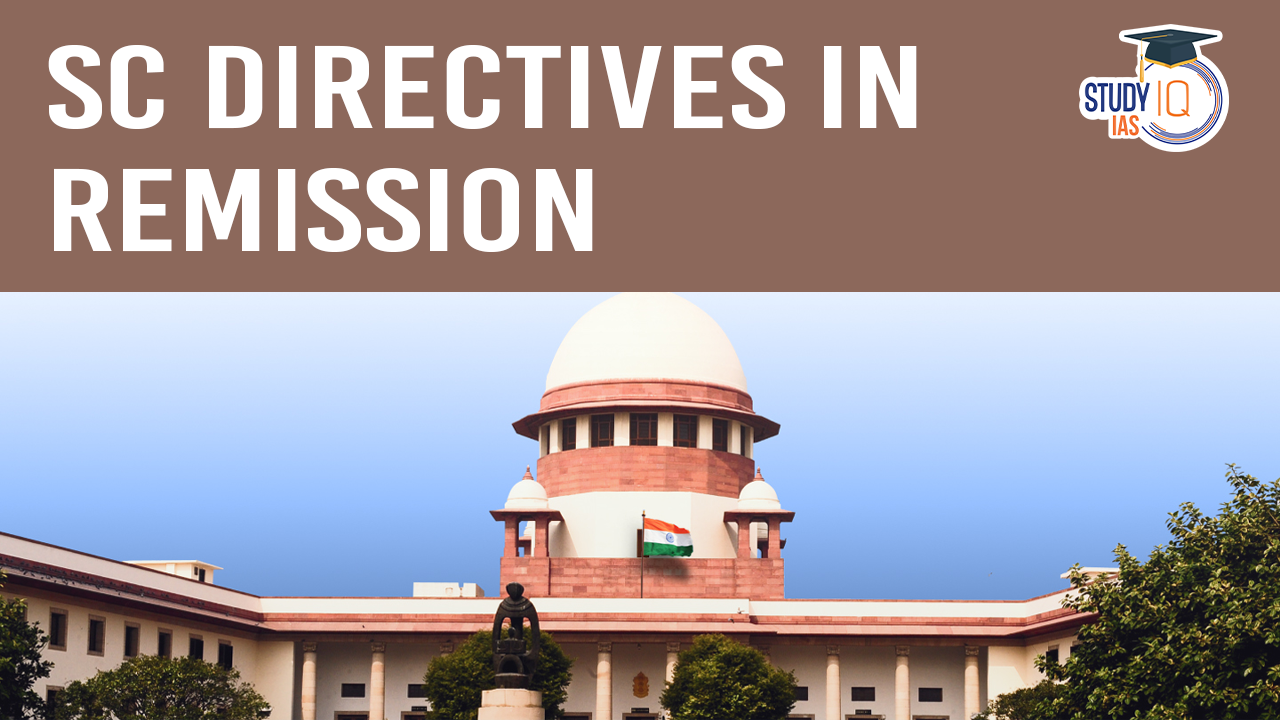
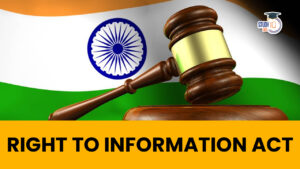 Right To Information Act, Objective, Fea...
Right To Information Act, Objective, Fea...
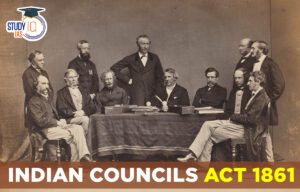 Indian Councils Act 1861, History, Provi...
Indian Councils Act 1861, History, Provi...
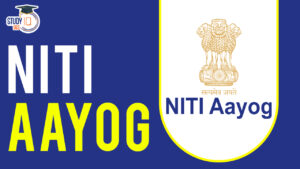 NITI Aayog Report on India’s Hand and ...
NITI Aayog Report on India’s Hand and ...





















